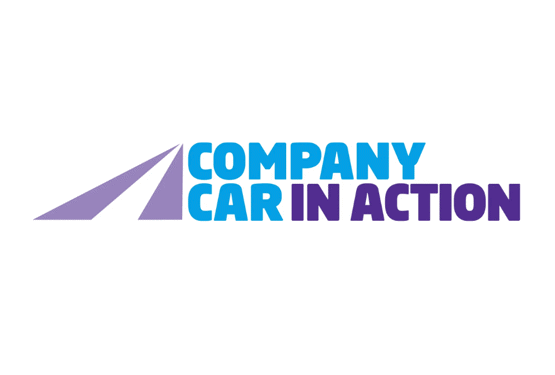By Paul Hollick, chair of the Association of Fleet Professionals (AFP)
In the last year or so, we’ve seen more new entrants into the fleet car and van market than perhaps at any point in the past.
There are so many that it’s tricky to keep up with all the new models, and sometimes difficult to differentiate any but the highest profile manufacturers.
Their arrival has coincided with a time when fleet budgets are coming under increased pressure.
The cost of buying and operating vehicles has risen substantially in every area since the pandemic and the general proposition from these new manufacturers – of well-equipped, well-made electric vehicles (EVs) at reasonable prices – has obvious appeal.
We’re now at a point where some of our members have started to acquire and operate these EVs and are starting to receive reports of their experiences. So how are things going?
The honest answer is probably “mixed” and it’s worth considering just how long it can take to establish a new manufacturer.
Those old enough to remember the arrival of Japanese companies in the 1970s and their Korean equivalents in the 1990s will recall that those vehicles didn’t become widely accepted company car and van choices for some decades.
Some of the new entrants are aiming to make a similar impact in a fraction of that time.
As in those earlier cases, issues tend not to concern the vehicles themselves – which appear to be good and sometimes excellent – it’s more a question of the wider needs of fleets.
At the core of this is maximising vehicle uptime and that means having reliable workshop and parts availability.
Some of the new entrants have recruited franchise dealers including many well-known names, backed up by the construction of traditional parts networks, and here there appear to be fewer problems.
However, others are using alternative methods, such as direct sales and non-franchise maintenance, and more issues appear to be arising here, with potentially long waits for parts and patchy training of technicians.
This can lead to cars and vans being off-road for extended periods, which is souring some relationships near the outset.
Really, this seems to be the key to success for these car and van makers.
Some want to treat us in the same way as retail customers but fleets unavoidably expect higher standards.
Our vehicles are often tools that are essential to doing a job and if they are unavailable, especially for weeks or months, it is a question of not just inconvenience but lost revenue and cost.
Ultimately, our belief is that at least some of the new entrants will become a familiar and valued part of the landscape but for most, there is an inevitable period of bedding in and that’s what we are seeing now.
As ever, being an AFP member allows operators to share experiences and talk about which manufacturers best understand what is needed to become a success in fleet, minimising the chances of making choices that bring issues.


















Login to comment
Comments
No comments have been made yet.